Winston Churchill is one of the most notable names in UK history. Winston lived a long life, and some believe he had a fulfilling time before his passing.
Winston wasn’t one of those men who lived and died within the confines of a single room. Instead, he served as a politician and had a remarkable influence during the Second World War.
But there are many other interesting things to note about the life of the UK’s former prime minister. And that’s why we’ve come up with a list of intriguing facts about him. Keep reading to learn something truly spectacular about one of the UK’s greats.
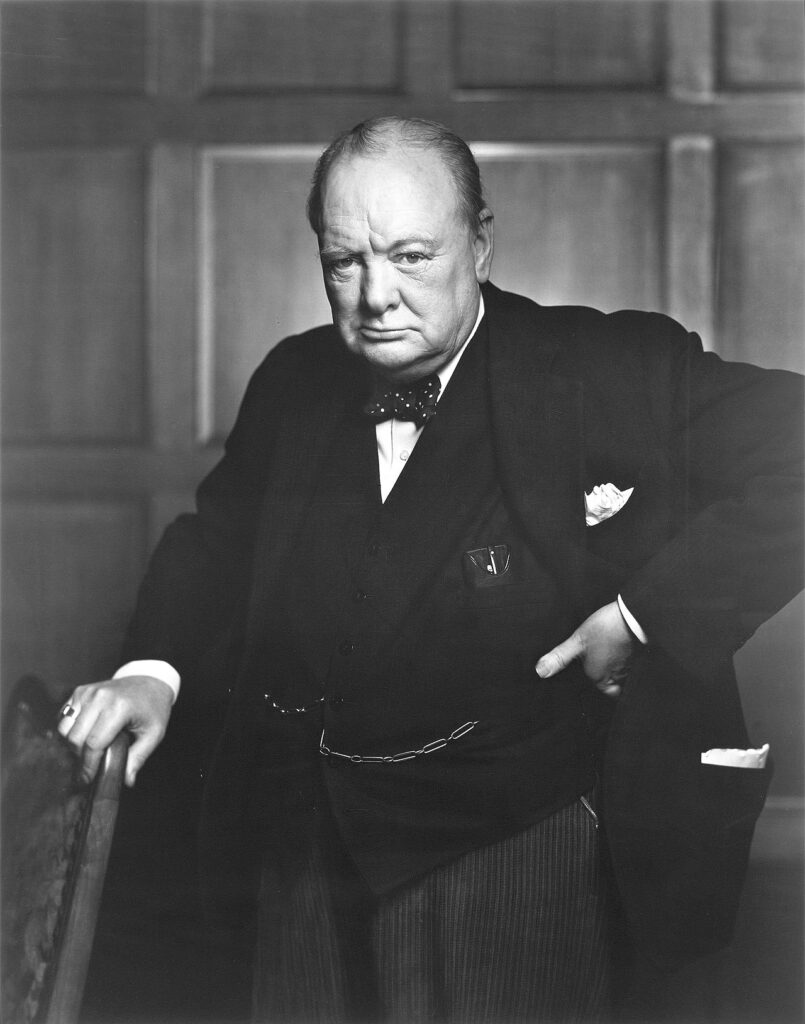
Winston Churchill Had An American Mother
Churchill’s origin story may be one of the most peculiar facts about him. During the 19th century, it was common for British Aristocrats to get in bed with their US heiresses and marry them.
A good example of this type of relationship was when Lord Randolph Churchill got married to Jennie Jerome. Churchill was the third son of the seventh Duke of Marlborough, while Jennie was the daughter of a wealthier US financier.
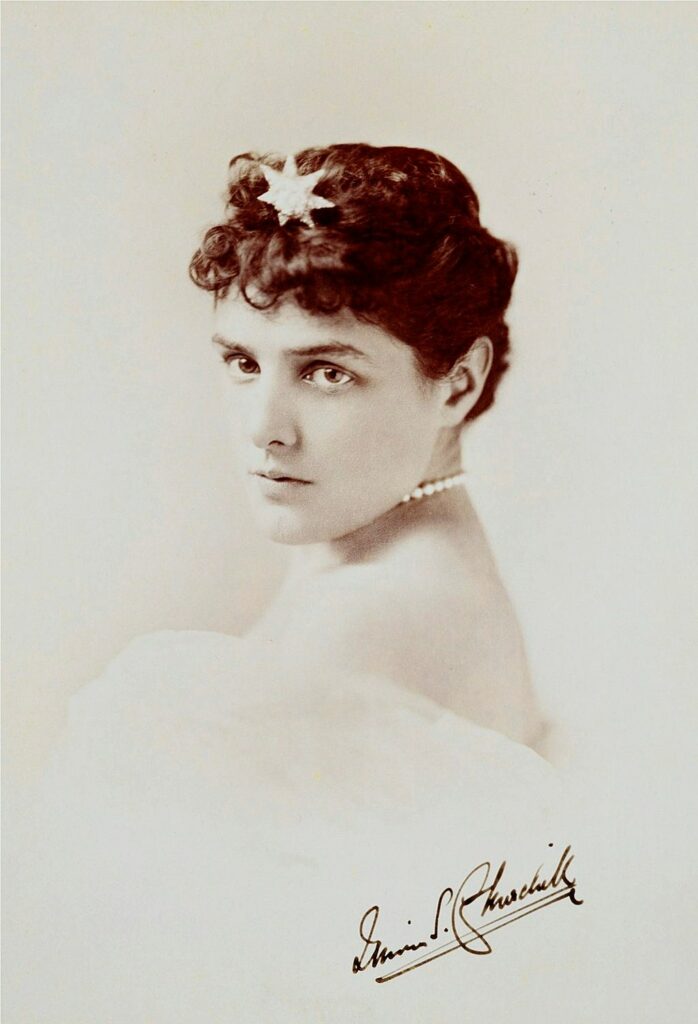
The couple birthed two male children – Winston (1874) and Jack (1880). Contrary to popular opinion, the relationship between Churchill and his US wife was far from perfect.
Jennie was frequently absent from public sightings. After the death of Randolph Churchill in 1895, Winston’s mum opted to stay in England. Jennie Jerome even remarried twice. Both times, she married men who were twenty years younger than her.
Churchill Failed the Military School Entrance Examinations
It’s common knowledge that a man is not defined by his failures, but they still make up a crucial part of his life. You’d be interested to know that Winston Churchill wasn’t the brightest student in school. He was poor in all subjects but English composition. He lacked any proficiency in foreign languages.
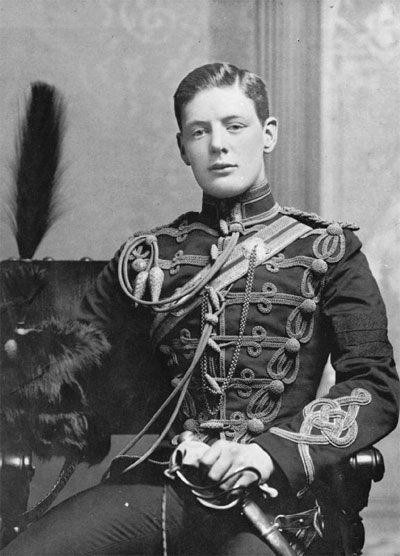
Churchill describing a Latin test he took during his time in school, said he could not attempt any of the questions. He only ended up filling in his name and managed to scribble incoherent terms.
Churchill planned to attend the Royal Military College at Sandhurst. But his plan suffered a huge setback after two failures at the entrance exam. He finally passed on the third attempt with assistance from a military tutor. Also, Churchill was admitted into the cavalry class, which had lower requirements than the infantry class.
Winston Churchill Escaped A Prison Camp
Churchill is one of those famous men with thrilling stories to tell. After his time in the Royal Military College was over, he took a leave from the army and made his way to Cuba. During his time in Cuba, he reported on a local uprising for a UK-based newspaper.
Later on, he served as a military officer and war correspondent. This role was permitted in India, Sudan, and South Africa. Churchill had to move to South Africa to serve in his new role.
When he got to South Africa, his armored train was attacked by Boers. These attackers were Dutch descendants and were in a heated battle with the British during this period. Churchill was captured aboard the train and moved to a prison camp. After some time, he escaped this camp by going over the wall.
Churchill was the only person to leave this prison, as two other prisoners backed out from the escape. They were scared to scale the height of the wall.
After leaving the prison, Winston Churchill had no specific plan. It was only by a stroke of luck that he discovered the house of a British coal mine manager.
This stranger hid Churchill in a mineshaft for three days. Later, he sent him in a wool-filled truck to Mozambique. From Mozambique, Churchill crossed to South Africa and was celebrated as a hero when he returned to the front.
Winston Churchill Didn’t Have A Good Opinion Of Gandhi
Mohandas Gandi is among the most popular inspirational names worldwide. But you’ll be surprised to discover that Churchill doesn’t feel inspired by Gandhi.
In fact, it’s safe to say that he had a form of dislike for the Indian lawyer. Gandhi was a non-violent leader that led the Indians to their Independence from the British, and Churchill was not interested in any form of autonomy in India. As a result, his view clashed with that of the famous Indian.
Winston Churchill once referred to Gandi as a fraud. He alleged the Indian was only looking for a way to get power for himself. He even supported the motion to let Gandhi die from a hunger strike. Churchill’s opinion wasn’t the only time he treated British colonies with disrepute.
His attitude was the same when dealing with Zulus, Afghans, and Dervishes, whom he referred to as savages and barbaric people.
Churchill Planned a World War I Assault That Catistrophically Failed
It wasn’t until 1900 that Churchill’s political career started. He was elected to join Parliament and remained in this position for over 60 years.
Winston Churchill was considered a much better politician than he ever was as a student or soldier. By 1908, he had secured his first Cabinet post. In 1911, he became the First Lord of the Admiralty. This position is the British equivalent of the US Secretary of the Navy.
As the First Lord of the Admiralty, Churchill organized an assault on the Ottoman Empire during WWI. Churchill believed such military action would strengthen the alliance between the British and the Russians, putting more pressure on Germany’s eastern front.
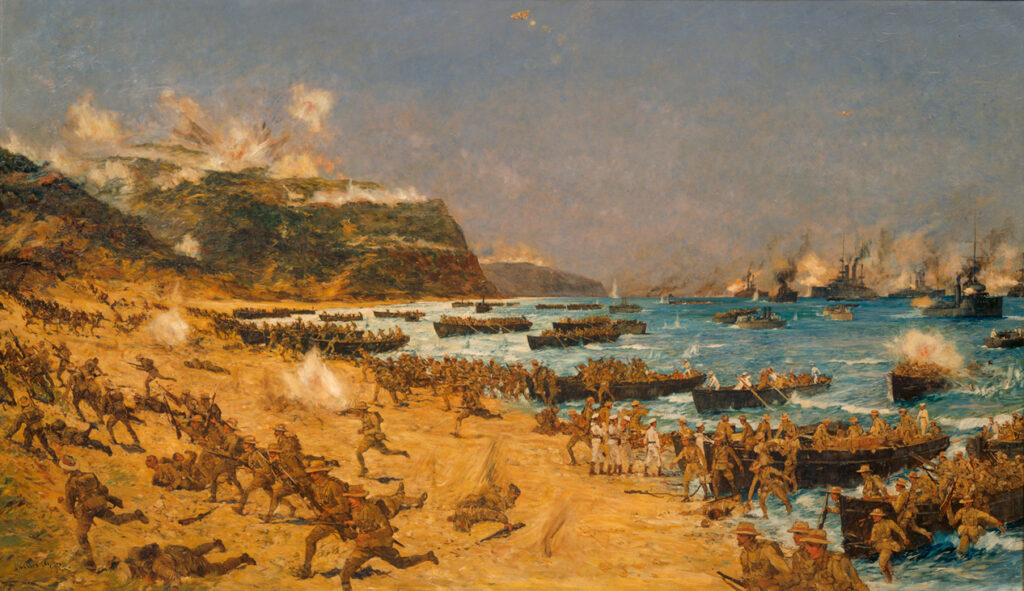
They hoped their efforts might even tip the balance of the conflict in their favor. But the results of the British assault ended in a spectacular disaster.
When Allied Battleships sailed into the Dardanelles strait in March 1915, the Ottoman army fired on them. The resulting battle sank three ships, damaged an additional three, and sent others into a frantic retreat.
Under his command, the Allied troops failed to gain any strong foot in Gallipoli Penisula. During this battle, the Allied army lost more than 250,000 soldiers. After this great loss, Winston Churchill lost his Admiralty position. However, he managed to redeem his reputation in Britain.
Winston Churchill Was Accident-prone
A deep look at Winston Churchill’s life revealed that he was accident-prone. Perhaps this contributed to his inability to be a good soldier. We’ll never know. But records show that a young Churchill suffered a concussion and ruptured a kidney. In a moment of youthful exuberance, he playfully threw himself off a bridge. But this was only the beginning for him.
In one lifetime, Winston Churchill nearly drowned in the Swiss Lake, fell off several times while horseriding, crashed a plane, dislocated his shoulder, and was hit by a car. However, he never suffered any permanent injuries from any of these accidents. Instead, he lived until he was 90 years. He died after suffering a stroke.
Most of Churchill’s Famous Speeches Were Within A Short Period
Churchill rose to the position of UK prime minister after the Allied forces had a disastrous start to the Second World War. Within a few months of fighting, Germany had gained a serious advantage.
While Winston wasn’t known for his military ability, his oratory capacity was exceptional. He used his oratory skill to support his country. What’s amazing is that he gave six speeches within four months. One of these speeches quoted him telling Parliament that he had nothing to offer but ‘blood, toil, tears, and sweat.’
On June 4, 1940, he made another popular declaration about defending the freedom of England and fighting without surrender. Yes, they were only words, but they rang in the hearts of allied troops. Many of his declarations have been reviewed in history classes and are considered instrumental in turning the tide of the war.
Winston Churchill Lost His Position Before The End of WWII
While Churchill’s influence during the Second World War will be remembered forever, he lost his position before the conflict was over.
As of July 1945, Germany surrendered the war, but Japan hadn’t. This month, Britain held its first election after more than a decade. However, the results of the election were shocking.
Winston Churchill lost his position as UK prime minister by a wide margin. The opposition party was successful after portraying Churchill as an anti-worker and anti-welfare candidate.
Surprisingly, he received news of his defeat fairly well. He referred to his loss as a show of democracy. In 1951, he returned to the premiership. Finally, he resigned due to ill health after three and a half years.
He Was An Award-Winning Creative
One of the unknown facts about Churchill is his creativity. He was an award-winning author and artist. Winston Churchill wrote several books during his lifetime. The first of his books was about his experiences in Sudan, India, and South Africa.
Some of his later works include a biography of his father, numerous content on WWI and WWII, a biography of Marlborough’s First Duke, a history of English-speaking people, and a novel for his friends. Winston Churchill received some recognition for his literary work during his second term as prime minister.
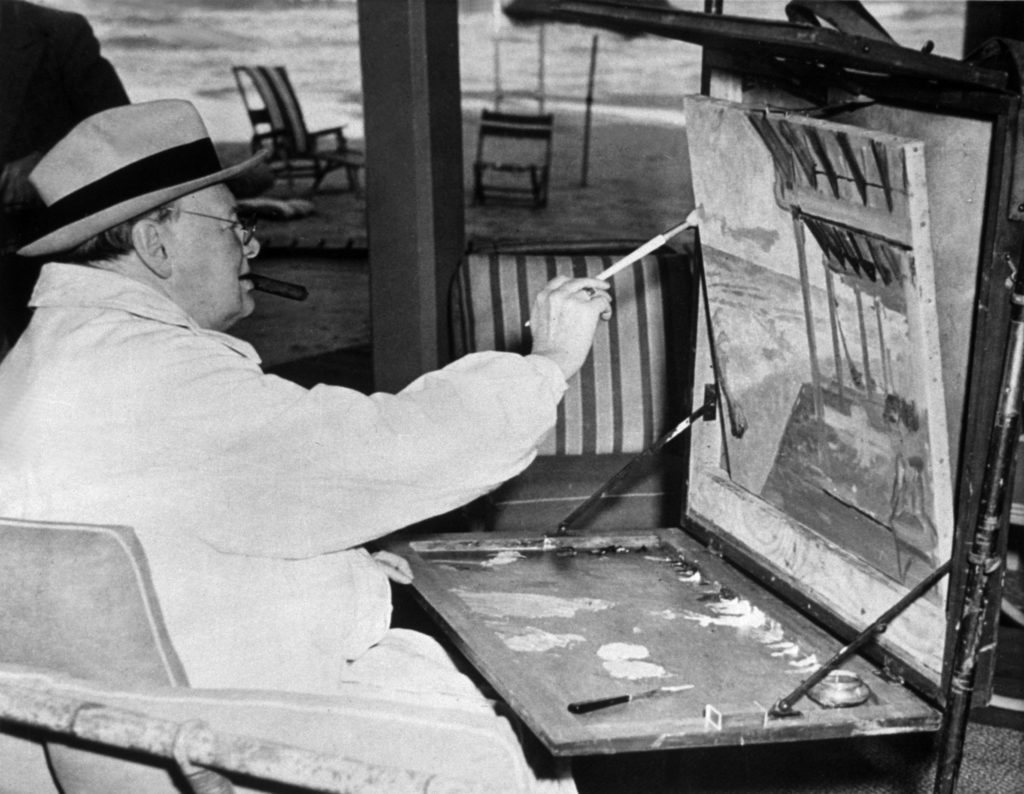
He gained this award for ‘his mastery of historical and biographical description as well as for brilliant oratory in defending exalted human values.’
Asides from writing, Churchill was also an accomplished artist. He began to paint in his 40s and had a prolific artistic career. He would go on to create about 500 paintings before the end of his life.
He Served In The Parliament Under Six Monarchs
Winston Churchill’s time in Parliament ended on 6 April 1955. By the time he retired, he had served in the Parliament for over 55 years; that’s what you call a long-running career.
The length of Churchill’s political career was due to a series of global conflicts that prevented an election. He began his political career after the 1900 general election.
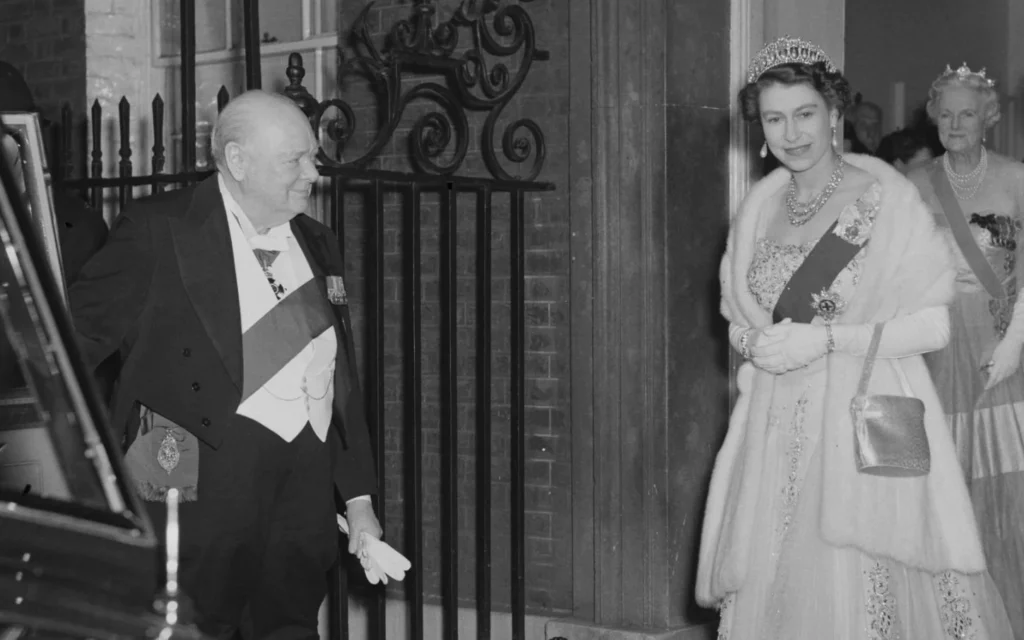
Churchill’s first position in Parliament was as the Conservative Member of Parliament for Oldham. He held different positions in Parliament before his retirement. His political tenure saw him serve under; George V, George VI, Victoria, Elizabeth II, Edward VII, and Edward VIII.
Winston Churchill was the First Statesman to be Honored Twice On British Coins
To be celebrated by having your face on a coin is an honor that only a few historical names can claim, but Churchill got this recognition twice.
When designing coins, themes and designs are carefully selected by a community because the chosen elements must be of great value. Winston Churchill’s contribution was remarkable, and the committee decided to use the face of the stateman on two different coins.
The honor was initially granted to him after his death in 1965. After 50 years, Winston’s contribution was recognized once more, and he was honored on UK coins in 2015. He’ll go down in history as the pacesetter for remarkable statesmen.
Churchill Had a Speech Impediment
Winston Churchill is not the type of man to strike you as having a speech impediment, but he had one.
He was famous for his speeches and delivered some ground-breaking impacts with mere words. While he was known for his declarations and literary work, Churchill had a problem with pronouncing the letter ‘s.’ But this did not stop him from his lofty goals.
He Coined The Term ‘Iron Curtain’
Throughout his life, Churchill was opposed to communism. But this didn’t stop him from becoming allies with the Soviet Union. Difficult times called for more difficult agreements.
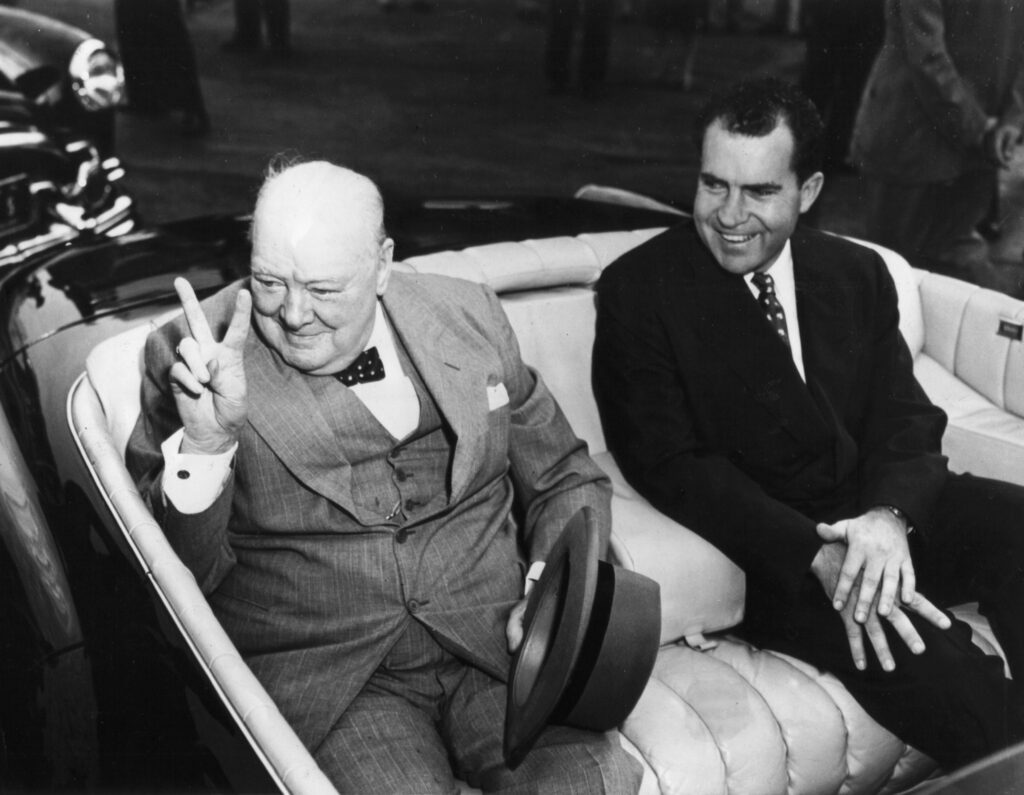
After he formed his partnership with the Soviet Union, he began to suspect the true impact of their alliance. In 1946, he referred to the USSR as an ‘Iron Curtain’ and stated that there was an increased Moscow influence in the region. After this time, many people began to refer to the USSR as the ‘Iron Curtain.’

